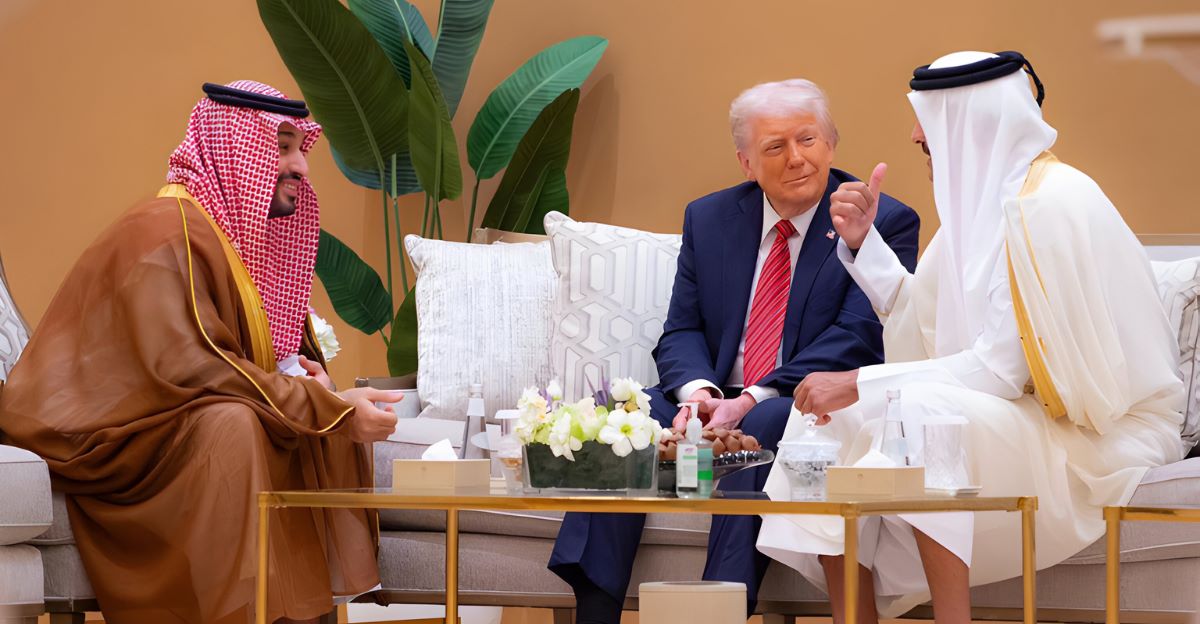
For years, critics dismissed Trump’s international dealings as mostly talk. But a record-shattering $1.4 trillion investment deal with the United Arab Emirates is changing that narrative fast. This isn’t campaign rhetoric, it’s the largest foreign investment pledge in U.S. history. The agreement spans AI, defense, energy, and aviation, injecting cash into sectors long starved for funding.
Behind the scenes, this move reflects shifting global alliances and deep economic urgency. As headlines swirl, one thing is clear: this deal isn’t just symbolic. It’s systemic. So what does this mean for workers, companies, and the world order? Let’s unpack what’s really going on.
What’s Driving This Deal?
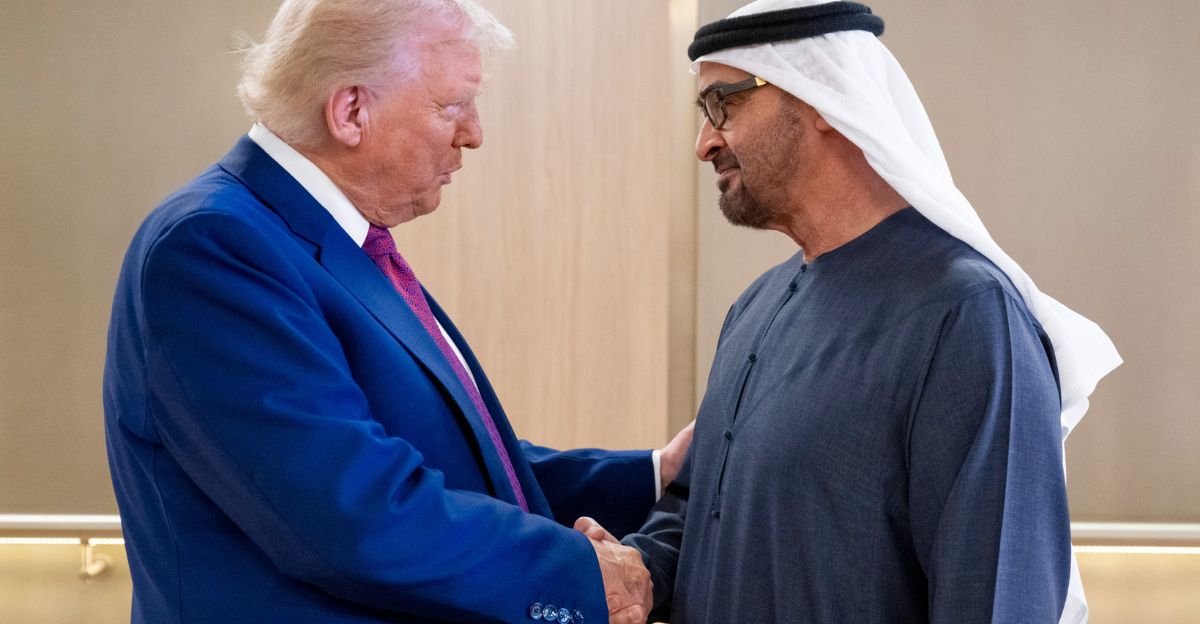
This deal didn’t come out of nowhere. The U.S. is locked in a fierce race with China for dominance in tech, energy, and security. At the same time, Gulf nations are under pressure to move beyond oil dependence. Trump’s “America First” pitch gave the UAE a shortcut to U.S. tech and military support.
In exchange, America gets a historic capital injection to strengthen its industries and outmaneuver Beijing. It’s a strategic partnership built on urgency and mutual gain. But this high-stakes bargain is just the start. Let’s look at how this massive deal is already reshaping life on the ground.
Why the Timing Is No Accident
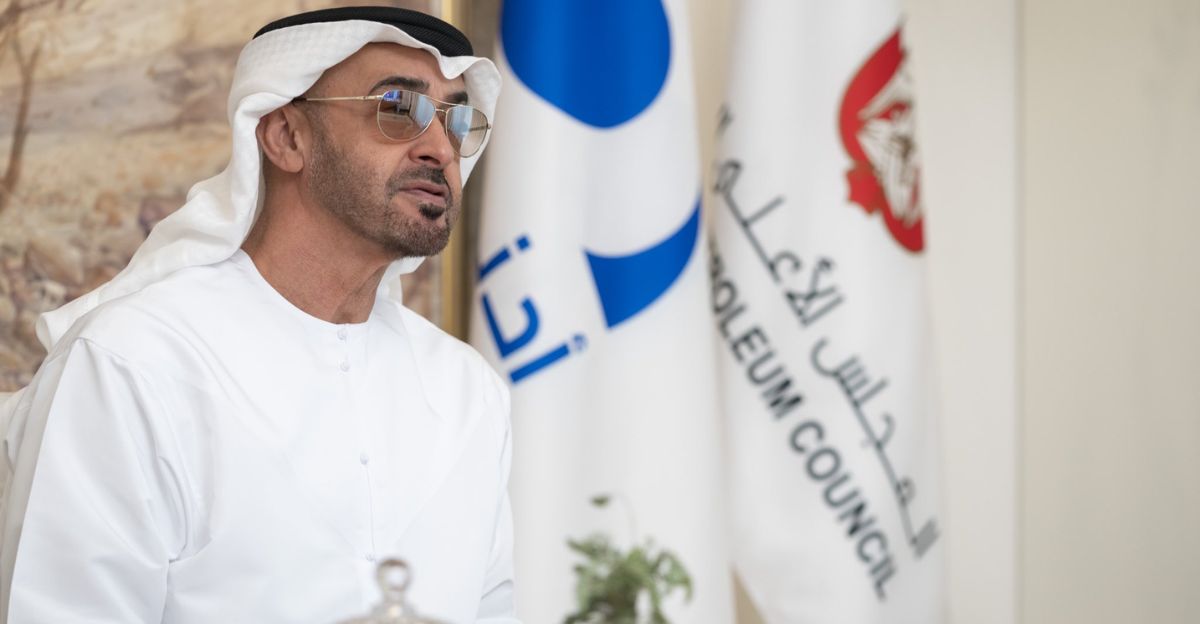
Both countries are navigating high-stakes transitions. The UAE is racing to diversify away from oil before demand drops. America, meanwhile, is scrambling to rebuild semiconductor capacity and AI dominance to keep pace with China. The UAE brings deep pockets — $330 billion in sovereign wealth — and America brings unmatched tech talent.
This alignment isn’t luck. It’s urgency meeting opportunity, with both nations betting on each other to solve existential challenges. And it’s already turning into boots-on-the-ground investment in U.S. towns.
The Money Hits Home
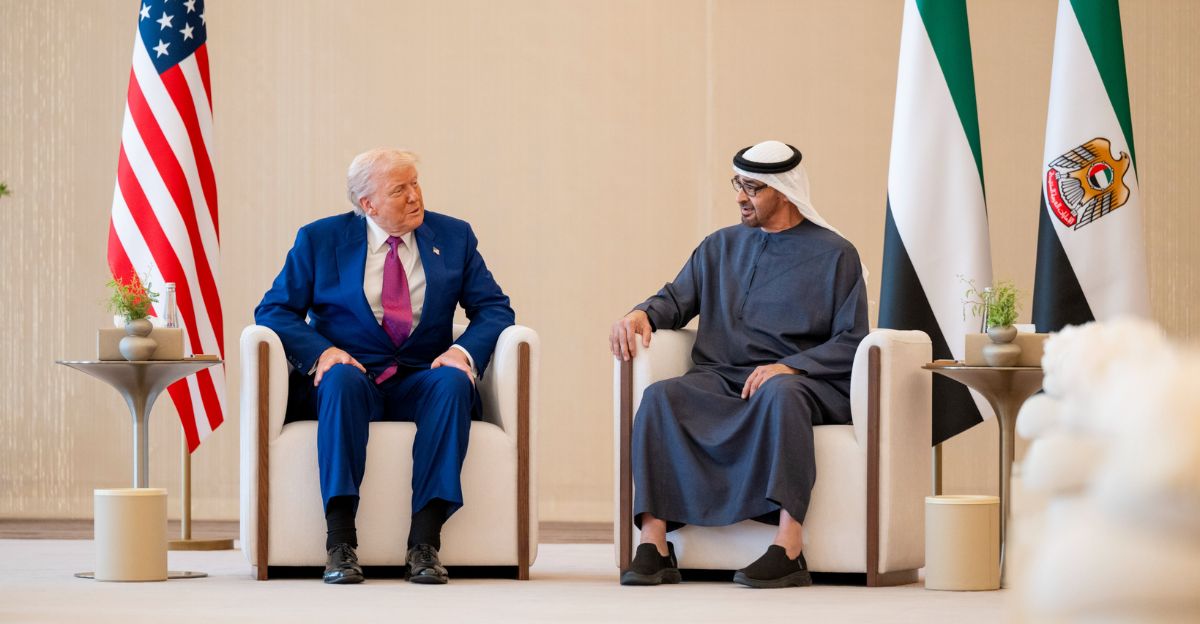
If this deal delivers on its promise, billions will pour into American factories, AI hubs, and energy grids—sparking job growth across construction, defense, and tech. Cities like Huntsville and Wichita could see rapid hiring booms.
But with opportunity comes pressure: rising demand may inflate housing prices and strain services. This could feel like a modern gold rush. The question is whether the benefits will be widely shared, or concentrated at the top. As the money begins to move, the next stop is the boardroom, where priorities take shape.
Big Business Smells Opportunity
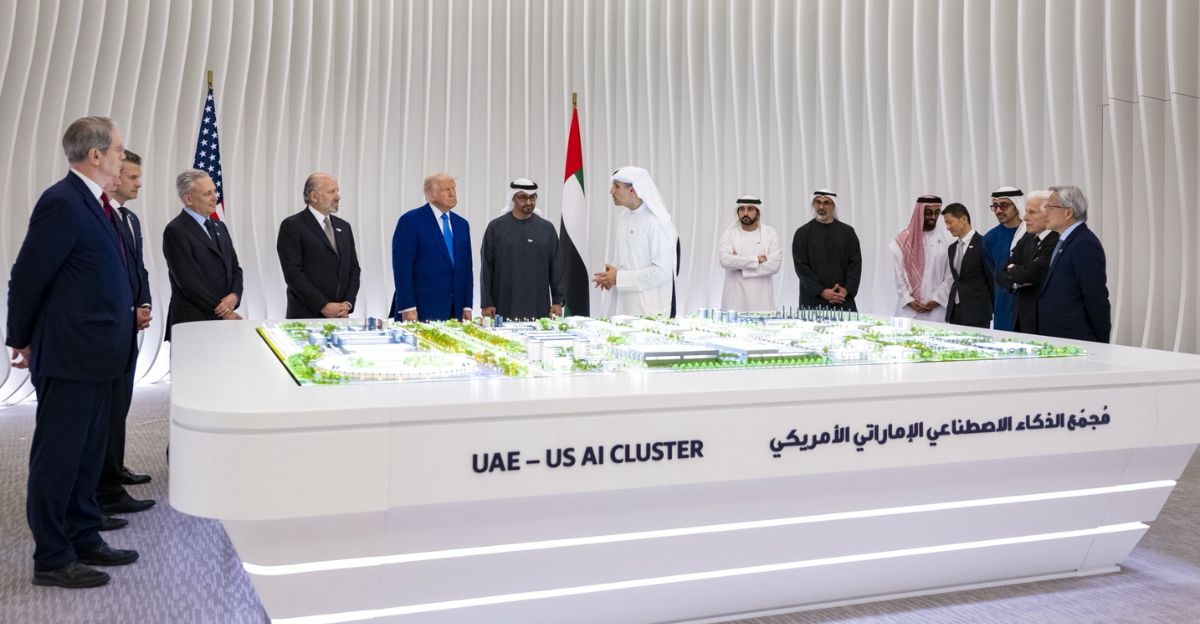
American corporations aren’t standing still. Boeing secured a $14.5 billion deal with Etihad Airways, supporting 60,000 jobs. Nvidia is preparing to ship half a million AI chips annually to the UAE. Oil giants like ExxonMobil and Occidental are deepening ties with UAE’s ADNOC.
These aren’t just sales, they’re strategic realignments. Companies are restructuring teams, reviving dormant plants, and shifting operations to support Gulf partnerships. The pace of change is accelerating, and the money keeps coming.
China Watches With Concern
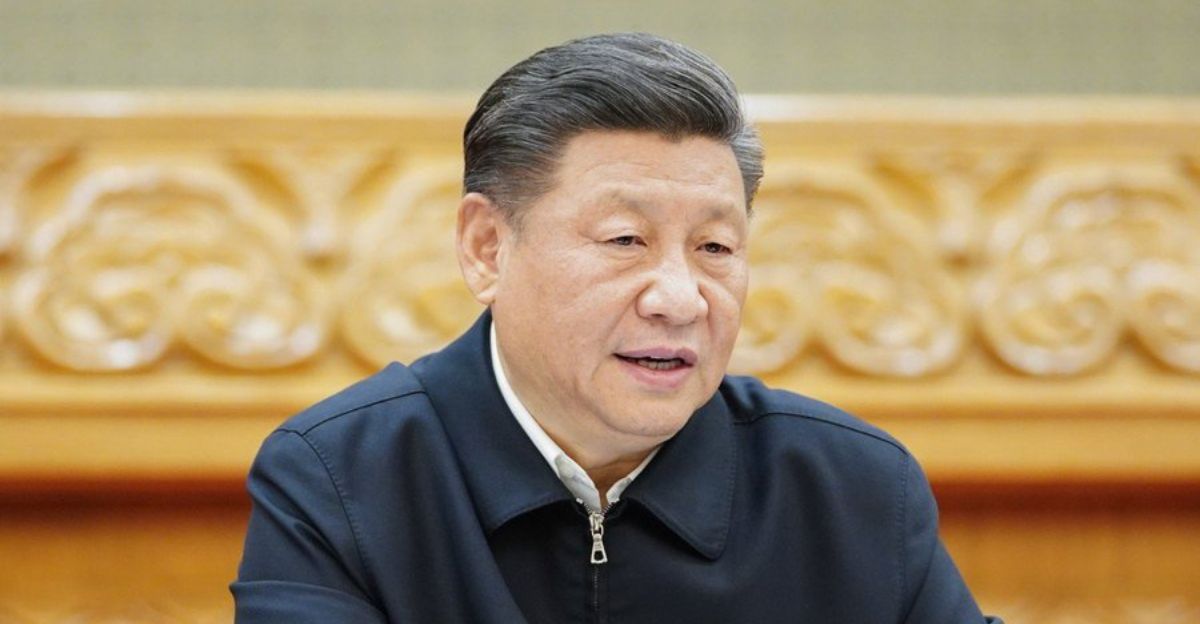
The UAE is positioning itself as the AI hub of West Asia, and it’s doing so with American technology. That directly undermines China’s Belt and Road ambitions. By 2030, the U.S. is projected to hold 22% of global advanced chip capacity, up from near-zero, thanks to foreign investment.
Trump’s strategy to sideline China through exclusive tech alliances is gaining traction. This deal could reshape power dynamics not just in trade, but across the global tech landscape.
How Investment Strategy Flipped Overnight
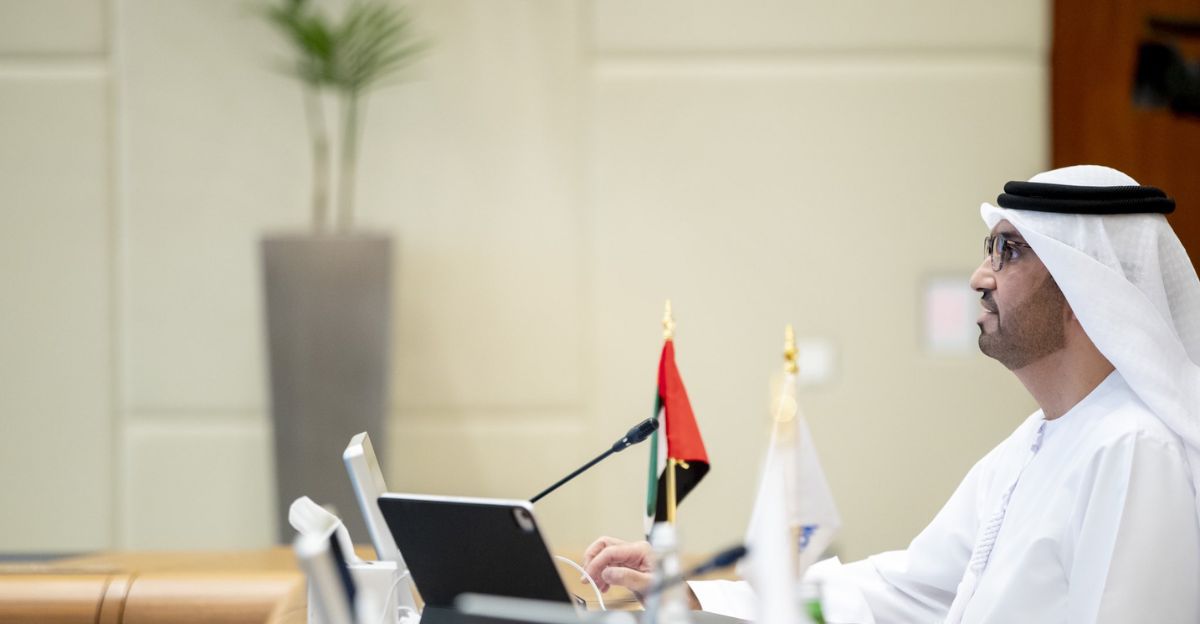
Gulf sovereign wealth funds used to quietly buy into U.S. financial assets. Now, they’re pouring billions into physical infrastructure. The UAE’s ADQ is investing $25 billion with Energy Capital Partners into U.S. energy and data projects.
A decade ago, that money would’ve gone to Europe or Asia. Today, American grids and chip factories are the prize. That reversal isn’t just financial, it’s psychological. For the first time in decades, the world sees America as a growth market again.
A New Global Order
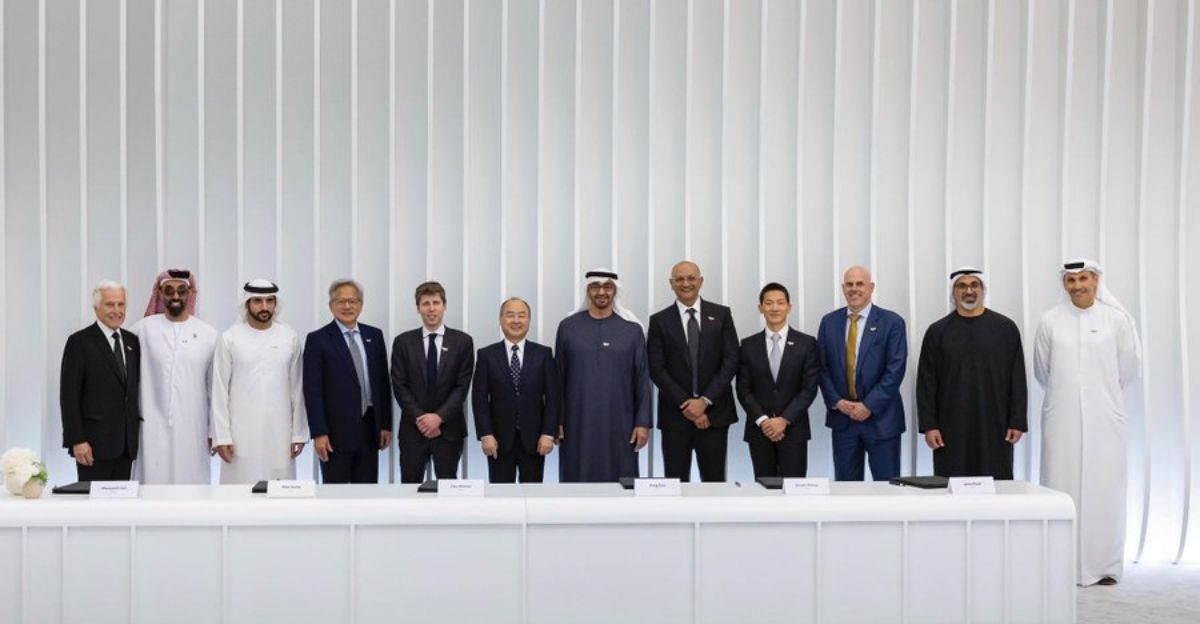
This isn’t just an economic shift, it’s a global power play. The U.S. is countering China’s Belt and Road by partnering with the Gulf to lock down supply chains and tech advantages. The UAE, in turn, is using U.S. tech to elevate its global status. Emerging alliances are replacing older ones.
Former outliers like Syria are reentering the fold, backed by lifted sanctions and Gulf funding. The geopolitical lines of influence are being redrawn, one deal at a time. But how does this look on the ground for real people trying to navigate this new normal?
Washington Isn’t All In
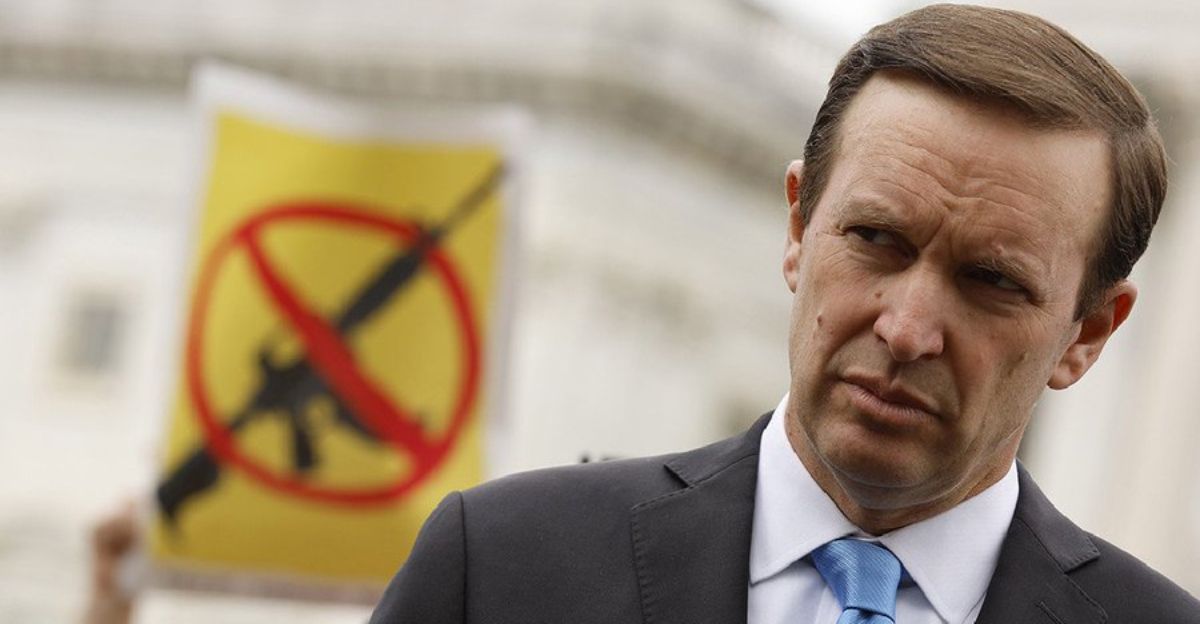
Congress isn’t sold. Democrats, including Senator Chris Murphy, are pushing to block major arms sales to the UAE, citing the country’s involvement in Yemen and concerns over Trump family business ties. House members have proposed votes to restrict broader military and tech partnerships.
The debate goes beyond ethics, it’s about long-term security and sovereignty. Can foreign-backed infrastructure coexist with U.S. control? Lawmakers are divided. What’s certain is that as foreign money flows deeper into American industries, the calls for guardrails, transparency, and oversight will grow louder, and could affect how future deals are structured or scrapped.
What Americans Should Do Now
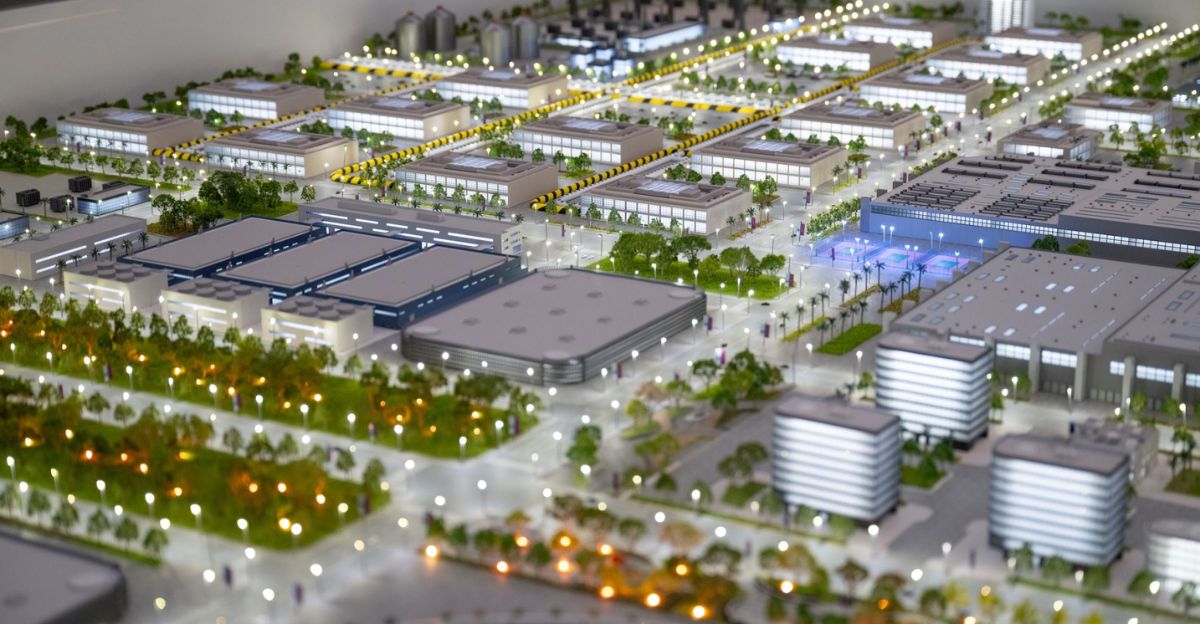
If you live in Texas, Oklahoma, or Arizona, this deal may soon reshape your local economy. Expect more energy jobs, higher housing demand, and surging small business activity. Nationally, companies like Boeing, Nvidia, ExxonMobil, and RTX are positioned to soar, and their stock prices may reflect that.
Educational pathways in AI, semiconductor engineering, and energy tech will be in high demand. This isn’t just a government-level deal, it’s a roadmap for where American innovation and workforce training will head. Families, investors, and job seekers alike have a chance to benefit, if they know where to look.
A New Kind of American Power
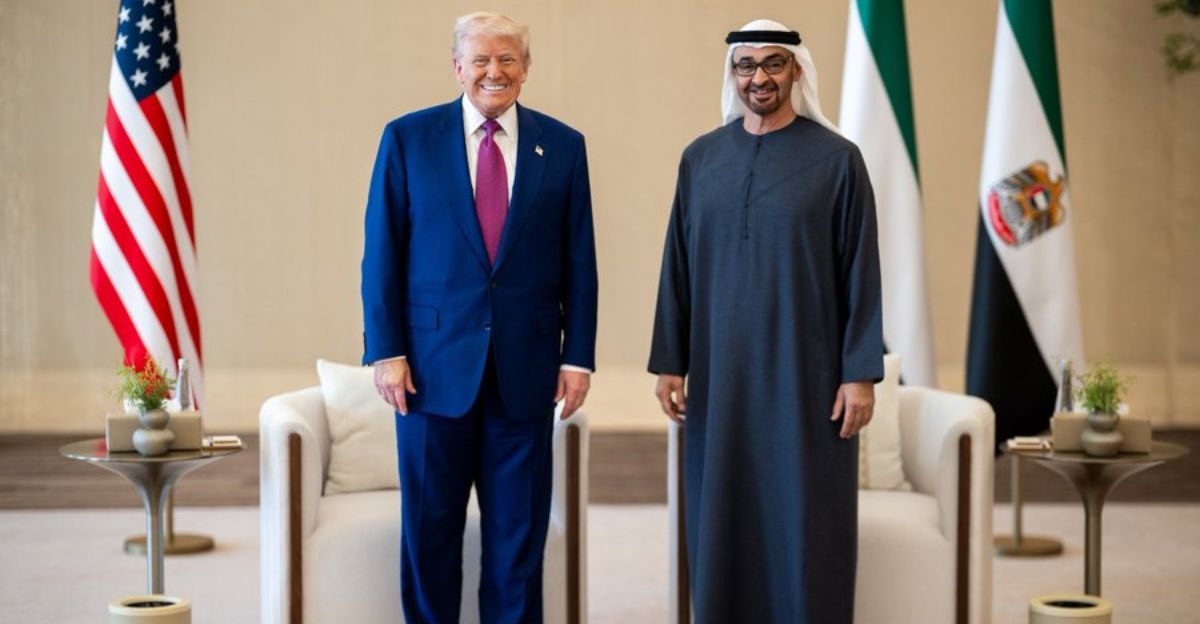
This deal marks more than a shift in capital, it signals a reordering of influence, opportunity, and risk. By tying U.S. prosperity to Gulf ambitions, America is entering a new phase of economic and political interdependence. The results may bring growth, but also vulnerability.
What matters now is how we adapt, whether with foresight, safeguards, and balance, or by chasing short-term wins. Either way, this moment will shape the next chapter of American power, and the choices made today will echo far beyond the balance sheets.
Discover more trending stories and Follow us to keep inspiration flowing to your feed!

Craving more home and lifestyle inspiration? Hit Follow to keep the creativity flowing, and let us know your thoughts in the comments below!
